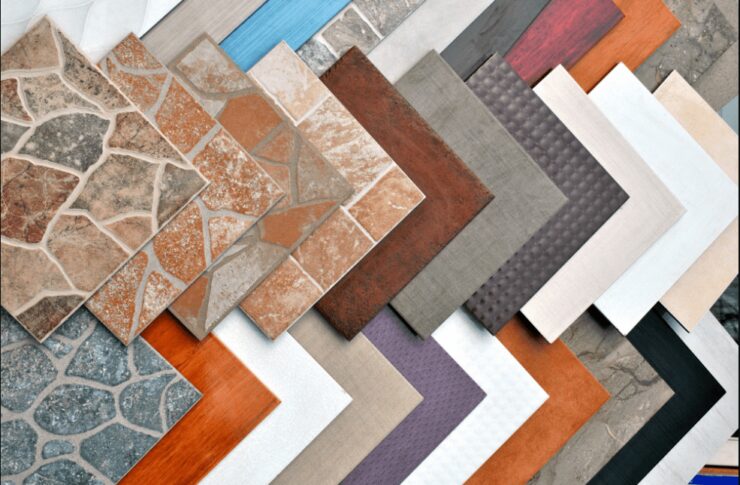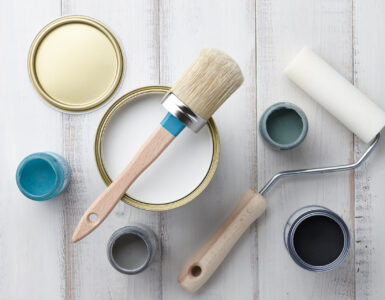According to recent statistics, carpet is by far the best-selling flooring material in the US, raking in over half of the sales in the flooring industry.
So, if you’re considering a new floor, should you go with this old favorite, or opt for one of the new resilient flooring options?
These are the things to consider when choosing flooring materials for your home.
Is Moisture an Issue in Your Room?
There are only two rooms in the house where moisture is a determining factor, i.e. the kitchen and the bathroom. The best options for these spaces are vinyl, concrete, ceramic tile, or porcelain tile flooring.
If you’re installing flooring in a room where moisture doesn’t come into play, you can use any kind of flooring you like.
Do You Have Pets?
Pets can introduce a moisture element into your flooring if their house training isn’t up to scratch or if they spill water from their bowls. Their claws can also scratch your floors.
If your pets come inside often, you should opt for durable, scratch-resistant flooring like vinyl planks, laminate flooring, porcelain, or ceramic tile. Solid hardwood is durable, but it’s easily scratched by pets’ claws.
Carpet flooring is another good option for pets if they’ve passed the puppy potty-training stage.
Durability is a desirable trait for any floor, but you’ll need a less hardy type of flooring if there’s a lower risk of scratches.
Flooring Materials Maintenance
Durability and maintenance go hand in hand. The more durable and water-resistant the floor, the easier it is to maintain it. Resilient flooring, like vinyl tile, sheets, or planks, top the charts for ease of maintenance.
Laminate flooring is relatively easy to maintain, but, like carpet, it’s best to vacuum these floors or clean them using very little water.
Solid hardwood and engineered wood flooring are gorgeous, but they require ongoing maintenance. You can use throw rugs to keep these floors pristine in high-traffic areas.
Do You Want DIY Flooring?
You can save a lot of money by installing your floors yourself.
Some floors, like plank vinyl flooring, and laminate flooring, are well-suited to DIY installation with an easy-to-use click-lock system. They’re floating floors, so they’re independent of your subfloor.
Hardwood floors require expert flooring installation.
Tile and carpet fall somewhere in the middle. These floors require proper sub-floor preparation, and you’ll need a carpet underlay if you’re going for carpet.
If you’re an experienced and meticulous DIYer, you can install these flooring materials yourself.
What Is Your Budget?
Installation costs are only one factor that can affect the cost of your new floors. The more aesthetic and durable flooring materials usually cost more.
You can choose flooring materials of lesser quality if you want to save money, but they won’t last as long as high-end materials. It’s up to you to work out the juggling act between what you can afford now and in the future.
Bargain laminate flooring is among the cheapest flooring around, while imported hardwoods occupy the opposite end of the price range.
Improve Your Lifestyle
The flooring materials you choose for your home have a major impact on the appearance of your home. They can also affect your family’s enjoyment of your spaces and increase the chances of selling your home faster when the time comes.
If you’d like to find out more about the things that can make life easier or more comfortable for you, keep browsing our website.




























